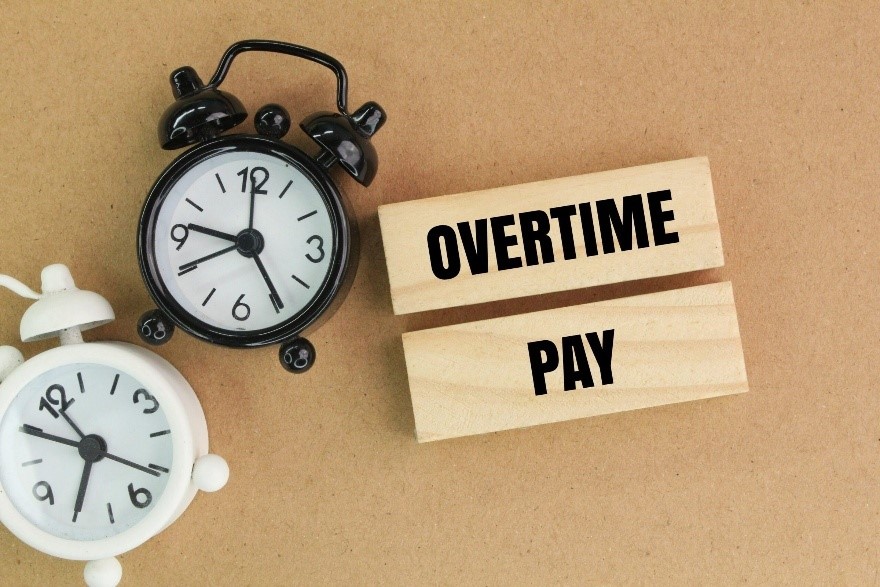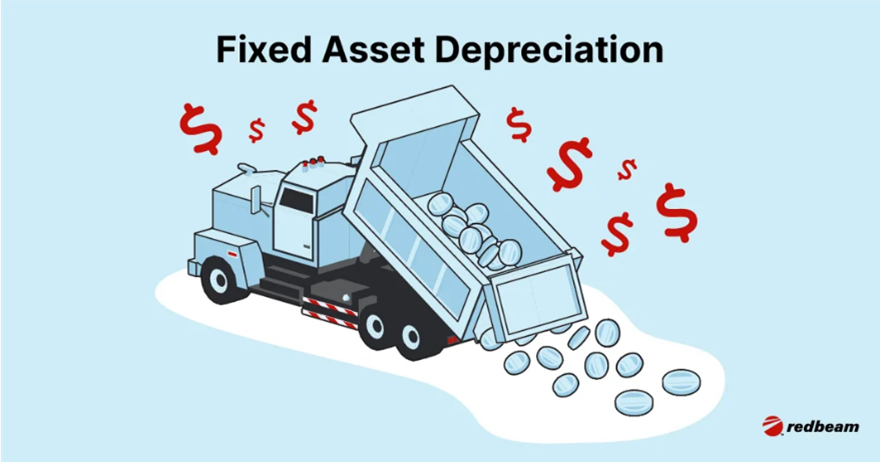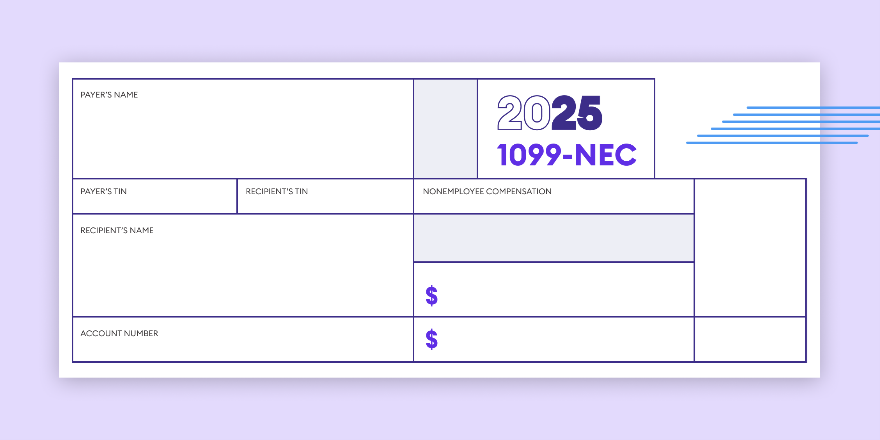One, Big, Beautiful Bill Act: Tax deductions for working Americans and seniors. Click for details.
On July 4th, President Trump signed in to law H.R. 1 — One Big Beautiful Bill Act (“BBB”). The BBB extends, modifies, or makes permanent a number of tax provisions originally introduced under the Tax Cuts and Jobs Act (TCJA), while also introducing several new provisions to the Internal Revenue Code. The following outlines some of the most significant changes likely to impact both individuals and businesses.
Personal Tax Revision Highlights
The State and Local Tax (SALT) Cap

The BBB temporarily increases the SALT deduction from the current $10,000 cap to $40,000 through December 31, 2029. The BBB also increases the SALT deduction annually for inflation. The SALT deduction is reduced for taxpayers with Modified Adjusted Gross income in excess of $500,000 but will never reduce below $10,000. This provision is retroactive to January 1, 2025.
Deduction for Seniors 65+

Allows seniors who are 65 and older and additional deduction of $6,000. This deduction starts phasing out at $75,000 for a single taxpayer and $150,000 for a married taxpayer. This provision is retroactive to January 1, 2025 and is set to expire after December 31, 2028.
Child Tax Credit

Increases the child tax credit from $2,000 to $2,200 per child under age 17. Children over 16 and adult dependents remain eligible for a $500 credit. The new credit will be indexed for inflation each year and remains subject to phase-outs.
Trump Accounts are new investment accounts for children under 18. Families can open accounts in early 2026 and contribute starting July 4, 2026. Eligible children born from 2025 to 2028 may receive a $1,000 pilot deposit from the U.S. Treasury, and all eligible children may receive deposits from employers or major philanthropic contributors. See website for more information https://www.trumpaccounts.gov/
No Tax on Tips

Provides a deduction up to $25,000 for cash tips received by an individual who works in an industry that customarily receives tips. Tips are still reported and taxed for payroll taxes. The deduction phases out with Modified Adjusted Gross Income of $150,000 ($300,000 in the case of a joint return). This provision is retroactive to January 1, 2025 and is set to expire after December 31, 2028.
No Tax on Overtime

Provides a deduction up to $12,500 ($25,000 for married filing jointly) for qualified overtime compensation received during the year. For purposes of this rule, overtime is defined as the amount paid in excess of the employees regular rate. For example, if you normally get paid $20 p/h and your overtime rate is $30 (time and a half), the deduction only applies to the $10 p/h which is the amount you are paid over your regular rate. The deduction phases out with Modified Adjusted Gross Income of $150,000 ($300,000 in the case of a joint return). This provision is retroactive to January 1, 2025 and is set to expire after December 31, 2028.
Car Loan Interest Deduction

Allows individuals to deduct up to $10,000 in car loan interest, as long as the vehicle’s final assembly in the United States. This applies to autos only, RVs and campers are excluded. The deduction begins to phase out at $100,000 in adjusted gross income for single filers or $200,000 for joint filers. This provision is retroactive to January 1, 2025 and is set to expire after December 31, 2028.
Clean Energy Credits

Effectively ends most of the solar, green energy, and electric vehicle (EV) tax credits. All credits under Sections 25C and 25D—including for air conditioners, windows, doors, insulation, etc.—expire Dec. 31, 2025. Projects must be completed and in service by that date to qualify. EV credits expire Sept. 30, 2025. Vehicles must be in your possession and in service by that date to be eligible.
Charitable Donations Deduction

Allows individuals to deduct up to $1,000 (single) or $2,000 (married filing jointly) in charitable donations each year above the line. That means even if you don’t itemize, you can still deduct the first $1,000/$2,000 of your cash, check or credit card donations. (Non-cash donations do not count.) This provision is effective January 1, 2026.
Gambling Losses

Reduces the deduction for gambling losses. Gamblers may now deduct only up to 90% of their gambling winnings, down from the previous 100%. This provision is effective to January 1, 2026.
Estate and Gift Tax Exemption

The exemption is permanently increased to $15,000,000 (indexed for inflation after 2026), starting in 2026. This applies to gifts made after December 31, 2025.
Business Tax Revision Highlights
Bonus Depreciation on Qualified Production Property

Permanently extends Bonus Depreciation. The allowance is increased to 100% for property acquired after January 19, 2025. The provision of 100% ends Dec. 31, 2028. Beginning in 2029, bonus depreciation phases out again—unless Congress acts to extend it.
Qualified Business Income

The Qualified Business Income (“QBI”) deduction (also known as the Section 199A deduction) remains at 20% and is made permanent.
Research and Experimental Expenditures

Allows taxpayers to immediately deduct domestic research and development (R&D) expenditures beginning after December 31, 2024. Small Business Taxpayers will be able to deduct domestic R&D expenditures that were previously capitalized for tax years after December 31, 2021. Small Business Taxpayers are defined as taxpayers with average annual gross receipt of $31 million or less. Taxpayers with average annual gross receipts of more than $31 million will be allowed to deduct previously capitalized R&D expenses incurred after December 31, 2021, over one or two years.
1099 Reporting Thresholds

Reinstates the $20,000 and 200 transaction reporting thresholds for 1099-K forms and increases the reporting threshold for 1099-MISC and 1099-NEC forms to $2,000 (indexed for inflation).
Source Links –
https://www.journalofaccountancy.com/news/2025/jun/tax-changes-in-senate-budget-reconciliation-bill/